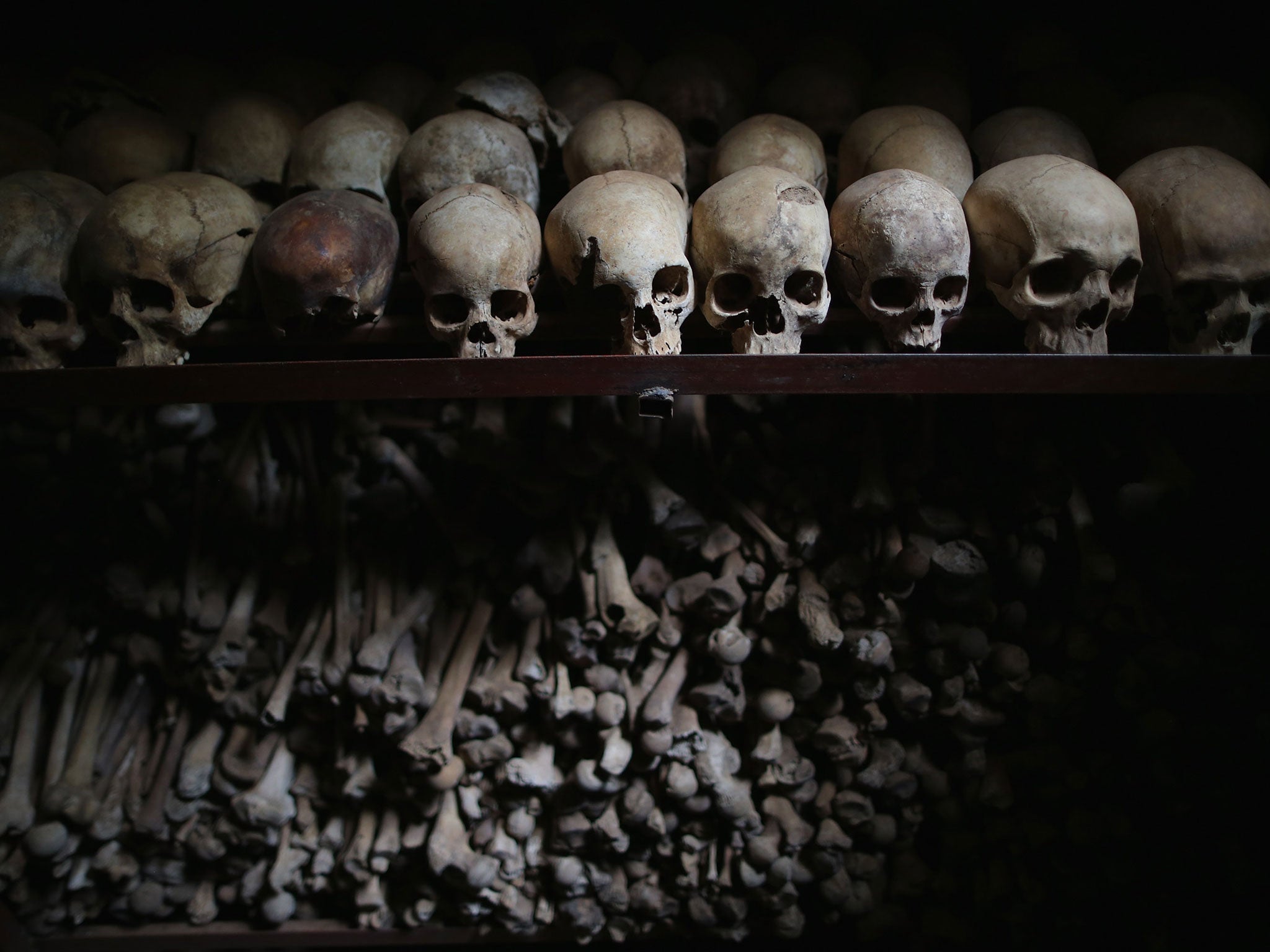Israel’s ‘weapon exports to Rwanda during genocide’ to stay secret, following Supreme Court ruling
Between 800,000 and 1 million people were killed over the course of 100 days in Rwanda in 1994

Documents detailing Israel’s alleged defence exports to Rwanda during the country’s civil war and genocide in the 1990s are to remain sealed, the country’s Supreme Court has ruled.
Two years ago Professor Yair Auron and attorney Eitay Mack submitted a Freedom of Information request to the Israel’s defence ministry to discover the nature of any arms exports made to Rwanda between 1990 and 1995, the Times of Israel reports.
Between 800,000 and 1 million people were killed over the course of 100 days in Rwanda in 1994 during the civil war, kick started by the death of the Hutu President Juvenal Habyrimana whose plane was shot down over Kigali airport.
Weapons used in the genocide allegedly included Israeli-made 5.56mm bullets, rifles and grenades, the newspaper reports, but information apparently detailing this is sealed in the contested documentation.
Mr Auron and Mr Mack’s request reportedly stated: “According to various reports in Israel and abroad, the defence exports to Rwanda ostensibly violated international law, at least during the period of the weapons embargo imposed by the UN Security Council.”
The request was denied by the Ministry of Defence and later by the Tel Aviv District Court, upholding the argument that the release of information would undermine state security and international relations.
The Supreme Court has also rejected the appeal for the documents to be released, stating: “We found that under the circumstances the disclosure of the information sought does not advance the public interest claimed by the appellants to the extent that it takes preference and precedence over the claims of harm to state security and international relations,” Haaretz reports.
Mr Mack responded to the decision by calling it “mistaken and immoral,” but said that “at no point during the proceedings was there a denial that there were defence exports during the genocide,” and vowed to “continue to fight to expose the truth”.
Subscribe to Independent Premium to bookmark this article
Want to bookmark your favourite articles and stories to read or reference later? Start your Independent Premium subscription today.

Join our commenting forum
Join thought-provoking conversations, follow other Independent readers and see their replies